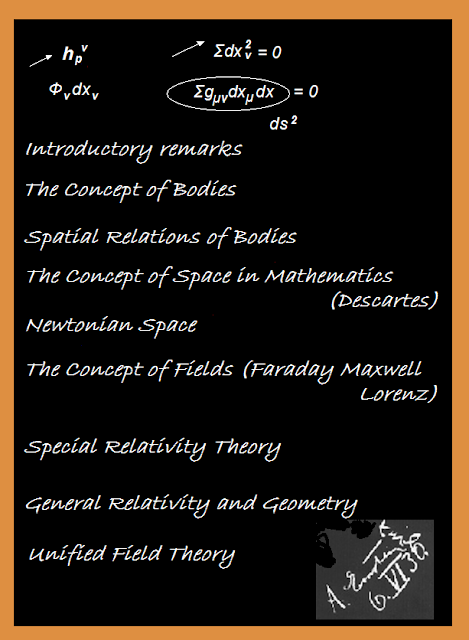Einstein’s Blackboard – it sounds like something out of Warehouse 13, a physical object imbued with supernatural powers, the paranormal source, perhaps, of Einstein’s genius, to be protected from the outside world by a think glass screen. Actually, it is. Protected behind a thick glass screen, I mean, not the paranormal bit.
The blackboard in question reverses this idea of a supernatural object giving Einstein special powers. It is a blackboard that has acquired priceless and somehow magical status because it was used by Einstein himself. Even his chalk is protected behind glass.
There are several blackboard’s used by Einstein in the UK. The one I have in mind is located at the University of Nottingham. It was used by Einstein in a public lecture he gave there on 6th June 1930. He had been planning a visit to Nottingham at the invitation of a friend of his who was Reader in Atomic Physics at Nottingham. Illness prevented Einstein from making his first planned visit in 1928, but 2 years later he was staying with Prof. Sir Arthur Stanley Eddington (included in another article this month, and portrayed by David Tennant recently in a BBC film) at Cambridge Nottingham .
Stopping off at Woolsthorpe Manor, the home of Sir Isaac Newton (more of whom next month), Einstein arrived in Nottingham to give his lecture. On a blackboard – just an ordinary blackboard – Einstein wrote an outline of his lecture. Written in German and signed by the great man himself, here is a representation of it’s content in English.
The visit was a national event, not just of local importance, and was filmed by British Movietone News to be shown in cinema’s across the country the next day.
Apart from Einstein’s visit to Prof. Eddington in Cambridge Newton University of Nottingham
Peter was appointed professor at Nottingham, his first professorship, in 1998 and took up his position on New Year’s Day 1999. A native of Newcastle-upon-Tyne in northern England, Peter spent several years at Queen Mary and Westfield College in London immediately prior to this. He had also studied Natural Sciences at Cambridge before moving down to Brighton on the south coast and the University of Sussex.
It was in Brighton in 1989 that Peter encountered his worst case of homophobia. As a gay teenager in Newcastle he was accustomed to the northern “school of hard knocks” (as I am) and developed a “think skin” as he admits on his blog. It was when he left a Brighton club, alone, in the early hours of the morning that he was attacked by a group of yobs for no other reason that he had left a gay club. Peter was beaten unconscious. Fortunately his injuries weren’t life-threatening and he was helped home by some Good Samaritans. It was an experience he could never forget and influenced his attitude to homophobia.
Brighton is often seen as the southern capital of gay culture in the UK (Manchester being the northern capital), even as long ago as 1989. In fact, it was Brighton Pride in 1994 that was the first in the UK to be headed by the Rainbow Pride flag.
Peter graduated from Brighton with a D.Phil., and completed a subsequent postdoctoral research fellowship about a year later and moved to London Westfield College
Working at Nottingham Peter found an environment comfortable with his sexuality. He founded the university’s astronomical society, which still exists, and delighted in showing off Einstein’s Blackboard to the media, including popular science broadcaster Adam Hart-Davis in his BBC Radio 4 series “The Eureka Years”.
However, once he left Nottingham a former colleague and fellow professor made a comment on Peter’s blog which Peter found homophobic – the use of the word “faggot” in relation to “dead wood” in academia in the UK. An investigation held by the University of Nottingham found that the comment was “isolated” and took no action. It was months before they even bothered telling Peter of their decision.
But that’s all in the past, and Peter is back in Brighton as Professor of Theoretical Astrophysics and Head of the School of Mathematical and Physical Sciences at the University of Sussex. He is also Fellow and council member of the Royal Astronomical Society.


No comments:
Post a Comment